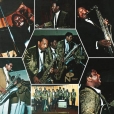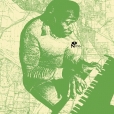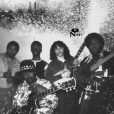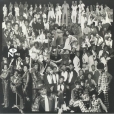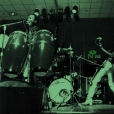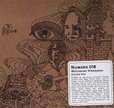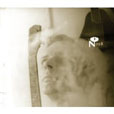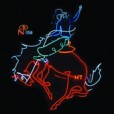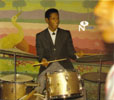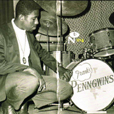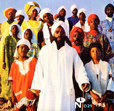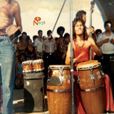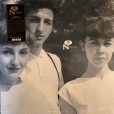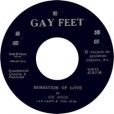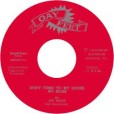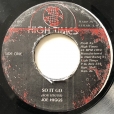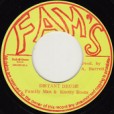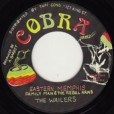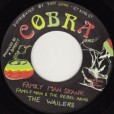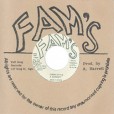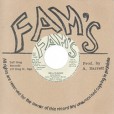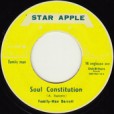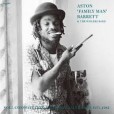Your basket is empty

Twenty-six shots of late-night R&B out of Jim Kirchstein’s Cuca studio, in the late sixties.
Originally released via minuscule pressings into the Wisconsin wilderness, tracing the paths across the hinterlands of Highway 12 between the Chicago, Milwaukee and Rockford soul scenes.
The likes of Harvey Scales, Betty Moorer, The Twiliters, Birdlegs & Pauline, The Esquires, Artie & The Pharaohs… in another gem-studded chapter of the alternate history of soul music.
‘Bridging the gap between American primitive pioneers John Fahey and Leo Kottke and the California Modernists… the private side of the solo guitar movement from 1966-81.’ 40-page booklet, usual Numero class.
Male folk singers mithering and dithering all the way from 1970 to 1983: very introspective, sombre, spare and intimate, most of it originally pressed privately, plenty of it beautiful and haunting.
‘Gram Parsons had been orbiting the idea of Cosmic American Music for some time. In ‘68, he’d parted ways with the Byrds and was looking to take air with a new project. “It’s basically a Southern soul group playing country and gospel-oriented music with a steel guitar” he told Melody Maker, on the subject of The Flying Burrito Brothers. So it was that when A&M’s Burrito Brothers debut The Gilded Palace of Sin made it to shelves in February of 1969, early adherents to the Cosmic American gospel were already echoing its message from areas flanking Gram Parsons’ Southern California hills and canyons. There was F.J. McMahon in coastal Santa Barbara, Mistress Mary further inland in Hacienda Heights, and Plain Jane of Albuquerque, New Mexico…’
Calypso, blues, disco, funk, reggae, bruckdown, soul, folk — in the kitchen, Belizians would call it Boil Up. For the New York Post, ‘indispensable’; the Chicago Tribune’s ‘best reissue of the year’ (2006).
Seventies Caribbean soul and funk — one ear tuned in to nearby Miami, with reggae and jazz in the mix too — from Frank Penn’s Freeport operation.
Almost preposterous, this beautiful snapshot of a US expat community fetched up in Dimona, Israel, in the second half of the seventies, holding faith with its love of Chicago soul and spiritual jazz.
Smoking mid-seventies Latin from Carlos Ruiz’ Ebirac label, headquartered back then in a bustling Puerto Rican community centre on the west side of the city.
French-Belgian electro-samba, cornered. A mini-LP on the Brussels label, Les Disques Du Crepuscule, from 1982; augmented here by the first Antena EP, a few B-sides, compilation tracks, and unreleased cuts.
Characteristically melancholic, wise, masterful singing.
With a bumptious, flirtatious Valentines.
Deeper-than-Spinoza, heavier-than-lead nyabinghi cut of Yabby You’s awesome Love Thy Neighbours (itself produced by Family Man, in 1974). You can’t touch Tubby’s dub on the original Defenders 7”... but both versions here are uncompromisingly dread, and essential in their own right.
Giddily killer, unutterably majestic horns-led instrumental by the legendary bassist, alongside his co-Wailers.
Tubbys murder on the flip.
Brilliantly reissued by Dub Store, in Tokyo.
A sublime, freely creative, dubwise instrumental and its version, from the same hallowed, far-out neck of the woods as the deepest Upsetters and Wackies.
